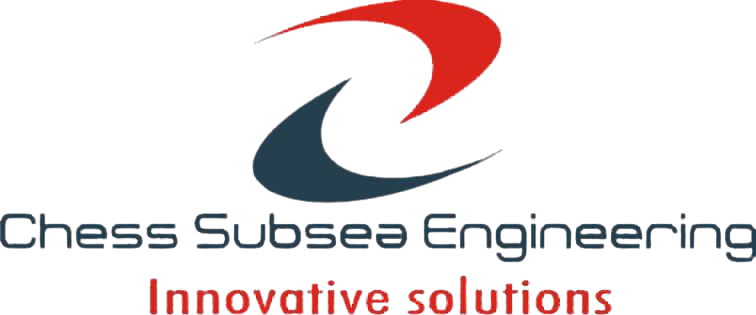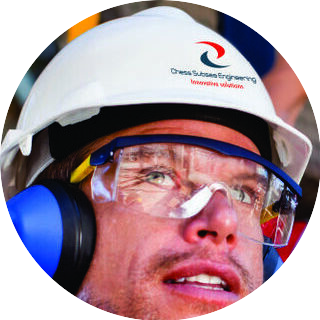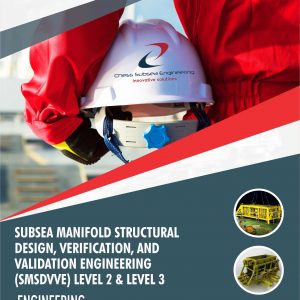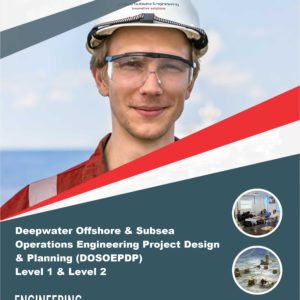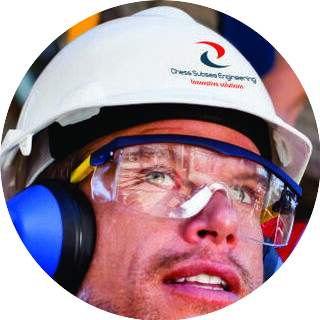Description
Systems engineering enables building, analyzing and managing a system—be it electrical, mechanical, chemical, biological or one involving business processes and logistics.Traditionally, engineering disciplines are defined through physical attributes: electrical engineers work with circuits and transistors etc. Systems engineering transcends the physical nature of what is designed or managed—if “it” consists of multiple interacting components performing a function that cannot be achieved by any one component alone, then “it” is a system, and systems engineers can work to understand and improve it.
SEBMCPEM Level 1 & Level 2 covers System Thinking, Broader view of the World, Problem vs Solution, Focused on the Entire System & How The Parts Interrelate , Four Dimensions for Attacking a Problem, Full Creativity of the Team, System Engineering Practices and Meta Discipline, Technical System Engineering Process, Life Cycle Stages & Decision Gates, Comparisons of Life Cycle Models, Systems Architecture and Requirements, Understanding System Engineering and Complexes, System Assembly via Integration of Abstractions, System Engineering in Main Stream Industry, System Engineering at the Organization Level & Key Concerns, System Engineering at the Project Level & Key Concerns, System Engineering at the Product Level & Key Concerns, System Engineering Processes, Waterfall Model of Development & Iterations, Spiral Model of System Development, V Model of System Development and more.
Course Outlines
Introduction
A System Definition
What is a System
System Thinking
A broader view of the World
Problem vs Solution
Focused on the Entire System & How The Parts Interrelate
Four Dimensions for Attacking a Problem
Full Creativity of the Team
Common Misconception and Clarification
Demand is Soaring for Systems Engineers
System Engineering Definition
System Engineering Practices and Meta Discipline
Importance of System Engineering
Why Systems Engineering
Technical System Engineering Process
System Life Cycle
Life Cycle Stages & Decision Gates
Comparisons of Life Cycle Models
Systems Architecture
Systems Requirement
System Verification & Validation
Verification & Validation in Requirement
Verification & Validation in System
Applied Standards (ISO15288: 2015), Techniques and SE Management
Systems Engineering from an Project Engineer Perspective
Practicing System Engineering
Understanding System Engineering and Complexes
System Assembly via Integration of Abstractions
System Engineering in Main Stream Industry
System Engineering at the Organization Level & Key Concerns
System Engineering at the Project Level & Key Concerns
System Engineering at the Product Level & Key Concerns
End to End Life Cycle Development
System Engineering Processes
Waterfall Model of Development & Iterations
Spiral Model of System Development
V Model of System Development
Economics of Development
Assessment
Participant underpinning knowledge of system engineering and model development will be accessed with short answer multiple-choice questionnaire at the conclusion of the course.
Outcome
Participants will gain an in debt understanding of system engineering. They will also be able to function with minimum supervision as a project engineers & system development managers for energy system companies or vendors.
Professional Certificate
Issued directly by Chess Subsea Engineering Europe.
How to Register
Click here to download registeration booklet on msword and email completed booklet to info@chesssubseaengineering.org directly.



